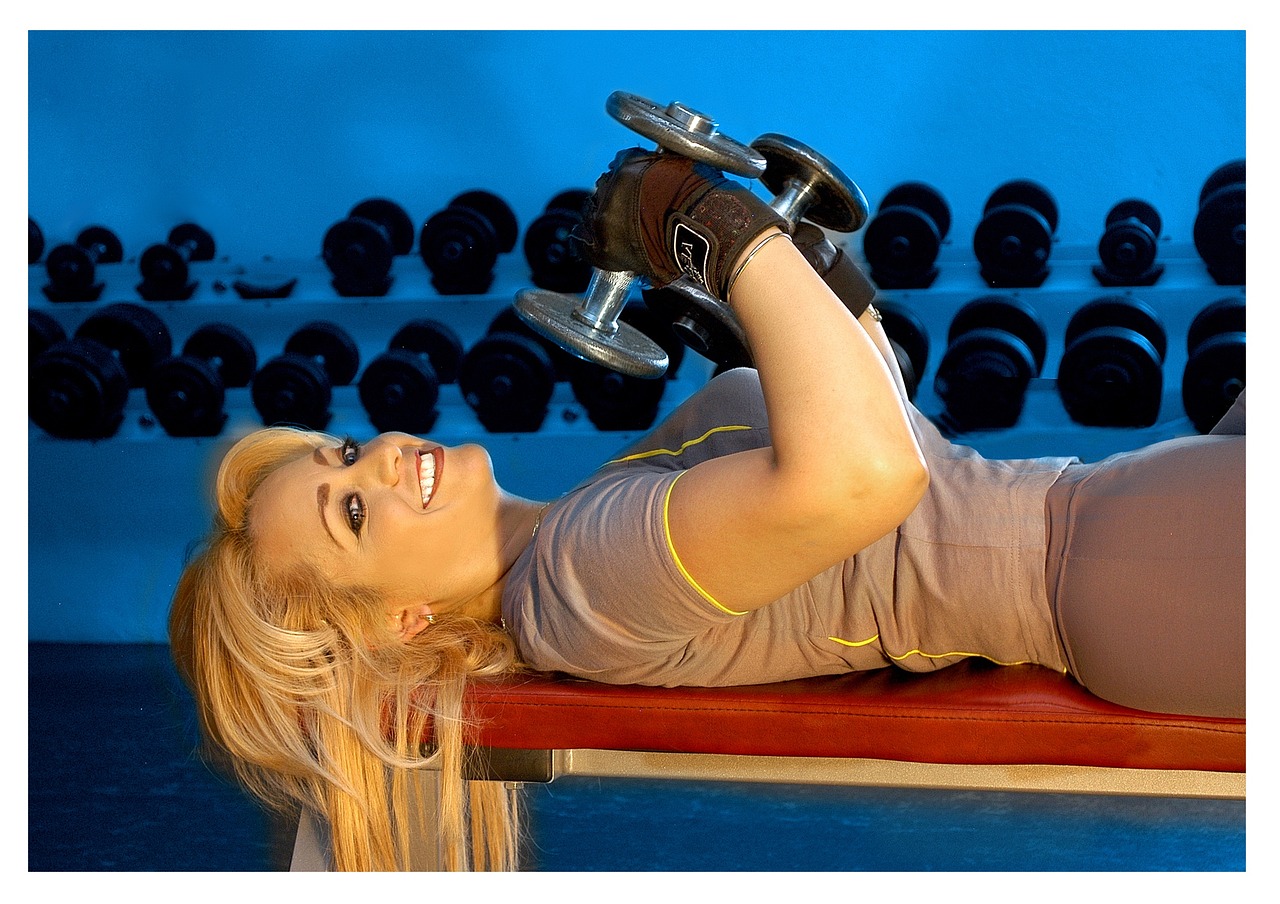When it comes to sports training, there are plenty of myths and misconceptions that can hinder athletes from reaching their full potential. Let’s debunk some of these common myths and shed light on what matters in sports training.
Myth 1: “More is always better.” While it’s important to push yourself, overtraining can lead to injuries and burnout. Quality training sessions with adequate rest are key for optimal performance.
Myth 2: “Strength training will make me bulky.” Strength training is crucial for athletes in any sport. However, it won’t automatically make you bulk up. Proper training programs can help improve power, speed, and overall performance without excessive muscle gain.
Myth 3: “Stretching before exercise prevents injuries.” Static stretching before a workout may decrease performance and increase the risk of injury. Dynamic warm-up exercises and mobility drills are more effective for preparing the body for physical activity.
Myth 4: “Sports specialization is necessary for success.” While early specialization may seem tempting, it can lead to overuse injuries and burnout. Encouraging young athletes to participate in a variety of sports can improve overall athleticism and prevent physical and mental fatigue.
Myth 5: “No pain, no gain.” While pushing through discomfort is part of training, ignoring pain can lead to serious injuries. Listening to your body and seeking medical attention when needed is crucial for long-term success.
In our minds from childhood activities, sportive and athletic actions are first-rated and useful. We just need to do it all daily, and it brings a positive attitude towards health. But in reality, it’s not that colorful. Sports itself is different, and every sport is singular from each other. Negative aspects of sport – Athletes who have dedicated themselves to start sports from an early age; occupy every free time and often have very low intelligence. They have little time and mental development.
They are constantly on the move with a vision for training, contests, and competitions. There is no time even to go theater or museum. They have no time to watch the news about the situations in the world. Of course, they are in the minority, but they are only focusing on their dignity and performance. Their brains are suppressed with stress. To achieve good results, they need a lot of training, the more they practice, the more spending nerves, and in the end, to achieve these results they become absolute neurotics.
It is proved that sports have a positive effect on the psyche only when it is performed naturally. No matter the mood of depression, they just turn the wheel to continue their athletic rhythm. And those who push it voluntarily, acquire positive emotions and achieve definite results. Generally, a harmful sport for professionals is not surprising. Through finishing their sports career they come with a long list of diagnoses, pain in the various parts of their body. Constant pain negatively affects cognitive abilities.

